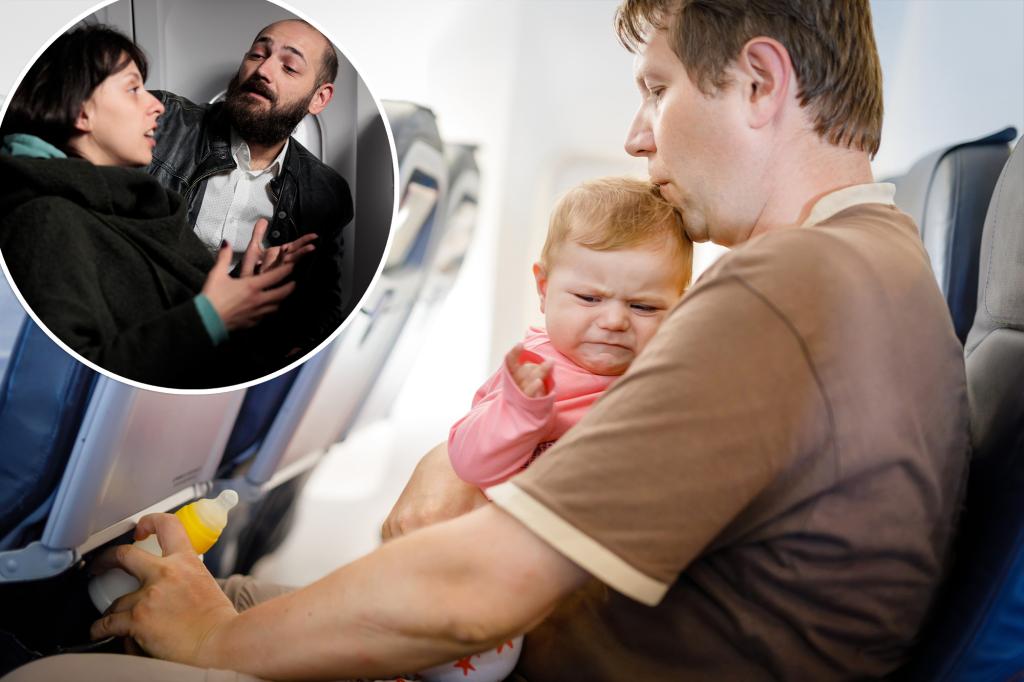Swapping seats on flights has become a contentious issue, with passengers often being asked to switch seats for various reasons. Some experts suggest that the decision to swap seats should be left up to the passenger being asked. If the proposed swap means a less comfortable seat for the person being asked, it is perfectly acceptable for them to decline the request. Additionally, it is advised to be polite but firm in responding to seat swap requests.
In some cases, passengers are asked to swap seats under less than ideal circumstances. For example, a woman once asked a fellow business class passenger to switch seats with her husband, who was assigned to economy class. When faced with such requests, experts recommend involving flight attendants if the situation becomes contentious. Ultimately, it is important for both passengers in need of a seat change and airlines to improve their planning to avoid last-minute swapping of seats.
Getting separated from loved ones on flights is not always the fault of the person being asked to swap seats. Issues such as cancellations, booking errors, or personal emergencies can result in families being scattered across the plane. Although some requests for seat swaps may be due to poor planning, there are legitimate reasons for such requests, such as disabilities, fear of flying, or assisting travelers with children. Passengers can increase their chances of a successful swap by offering an equivalent or preferable trade.
Passengers should be prepared for rejection when requesting seat swaps, even if the proposed deal seems fair. It is important to remember that no one is obligated to switch seats, and the person making the request should not expect or become angry if their request is denied. Compelling someone to make a quick decision on a seat swap without proper information or time to consider can be seen as impolite and unreasonable. It is crucial to consider the circumstances surrounding the request before responding.
Frequent travelers advise that it is essential to empathize with other passengers’ needs and reasons for requesting a seat swap. While there may be frustration at being moved from a paid seat at the last minute, it is important to understand that unexpected situations can lead to the need for seat changes. By being understanding and courteous in their responses, passengers can navigate seat swap requests more effectively and maintain a positive travel experience. Ultimately, clear communication, empathy, and consideration for others are fundamental when it comes to negotiating seat swaps on flights.


